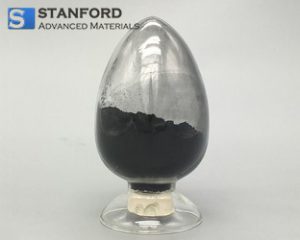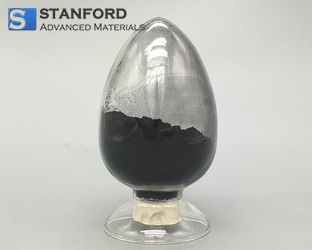Zirconium is a versatile metal that is widely used in the chemical industry due to its excellent resistance to corrosion. In this article, we will explore some of the many applications of zirconium in the chemical industry.
Properties and Characteristics of Zirconium
Zirconium is a transition metal that is known for its high melting point, low thermal neutron cross-section, and exceptional corrosion resistance. Its atomic number is 40, and it has a silvery-gray color when in its pure form. Zirconium has several characteristics that make it well-suited for use in chemical processes, including:
- Excellent corrosion resistance: Zirconium is highly resistant to corrosion, making it an ideal material for use in aggressive chemical environments.
- Solubility: Zirconium is relatively insoluble in water and most common acids and bases, but can dissolve in hydrofluoric acid, which can be useful in certain chemical processes.
- Oxidation resistance: Zirconium forms a protective oxide layer when exposed to air or water, which enhances its corrosion resistance.
- Biocompatibility: Zirconium is biocompatible and is often used in medical implants and prosthetics.

Applications of Zirconium in the Chemical Industry
Zirconium has a wide range of applications in the chemical industry, including:
- Manufacturing of pigments: Zirconium is used as a raw material to produce pigments such as zirconia and zirconium silicate, which are used in the manufacture of ceramics, glass, and tiles.
- Corrosion-resistant equipment: Due to its exceptional corrosion resistance, zirconium is used in the manufacture of heat exchangers, reaction vessels, and other equipment that comes into contact with corrosive chemicals.
- Catalysts: Zirconium-based catalysts are widely used in the production of various chemicals, including plastics, rubber, and pharmaceuticals.
- Nuclear fuel cladding: Zirconium alloys are used as cladding materials for fuel rods in nuclear reactors due to their high strength, low thermal neutron cross-section, and excellent corrosion resistance.
- Electronics: Zirconium compounds are used in the manufacture of capacitors, resistors, and other electronic components.
Safety Considerations
While zirconium is generally considered safe for use in the chemical industry, there are some safety considerations to keep in mind. These include:
- Reactivity: Zirconium can react violently with certain chemicals, such as strong oxidizers like chlorine trifluoride or sodium chlorate. Workers should be trained on the safe handling of zirconium and its compounds.
- Dust inhalation: Zirconium metal and some zirconium compounds can produce fine dust particles when processed or machined, which can be harmful if inhaled. Proper respiratory protection should be used when handling zirconium in powder form.
- Radioactivity: Zirconium is not inherently radioactive, but it can become so if it is exposed to radiation in a nuclear reactor. Proper handling and disposal procedures must be followed for any zirconium-based materials that have become radioactive.
Conclusion
Zirconium is a versatile metal that has many important applications in the chemical industry due to its exceptional resistance to corrosion, ability to withstand high temperatures, and biocompatibility. Its use in manufacturing pigments, catalysts, corrosion-resistant equipment, nuclear fuel cladding, electronics, and more continues to make it an important material in modern industrial processes. As with any chemical, proper safety precautions must be taken when handling zirconium, but when used properly, it can contribute to safer, more efficient chemical processes.
For more information about zirconium metal or other materials, please visit https://www.samaterials.com/.
